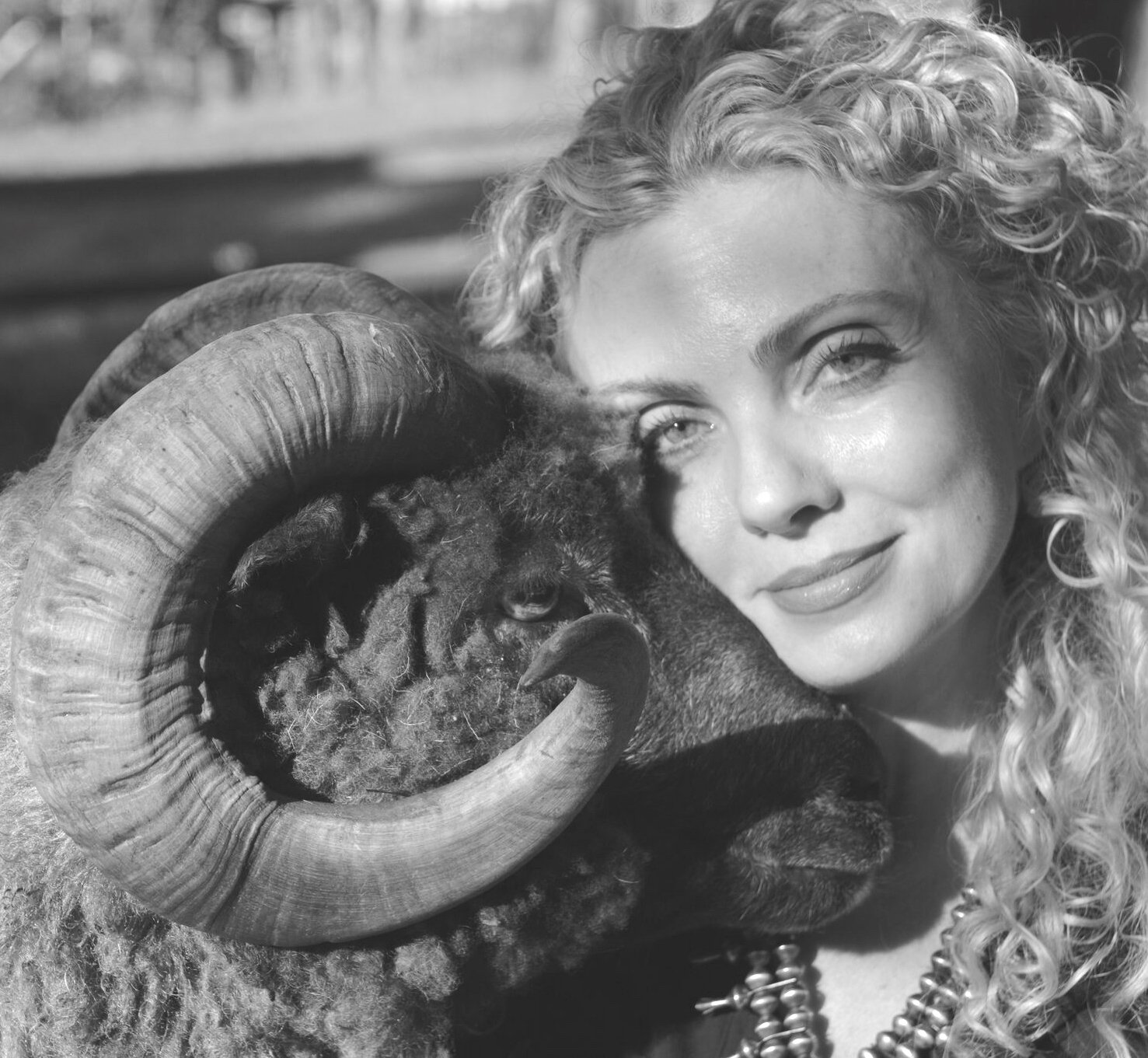Wild Thing
What I knew then was plastic packages
of ramen—instant, four for a dollar,
because with four eggs to match, I’d have myself
four dinners, provided I could keep the gas on
for the month and get that old stove lit.
with a match. I also knew what went
at the store for a buck: pinto beans and sliced white,
popcorn, carrots, peas . . . even juice, long as it was
orange, concentrated and frozen in a can.
But what I didn’t yet know was how
that word—buck—got started, back with
my daddy’s daddy’s daddy and on back
down the line, back when for their rheumy knees
men used panther oil brought all the way
up from Florida when panthers still lived
down there, back when men without a dime
to their name could pay land taxes in
skins and piled as many kills they could
on a wagon headed downtown
to sell deer for just that—for one dollar, one
buck, a pop. No, what I knew then were bucks
in my tip jar, how never to start the night empty
but to always put in a few of my own, otherwise
not a soul would think me worth a dollar
and would trash the whole shift
with the rattle of pocket change.
And though I couldn’t have said when deer season
hit, no one had to tell me
about the weather it brought, how cardboard
crammed between wind-rattled panes helped
but barely enough, how under every cover I owned
I’d sleep until the floor stung my feet
awake with cold. Once I got up and turned over
my car, I just might make it to work
on time, but not until I got stuck at a red light
with a man who split his two fingers apart
to make a V for the snake-flick of his fat
tongue, which meant something
about “a good time” before he gunned
his truck and gave me the full view
of what his flatbed towed—a whitetail
doe, one eye open but somehow more
milk or smoke or dirty dishwater than
eye, her tongue off its hinge, flopping
obscene with every bump down
that road. On my popping speakers, a new
version of that same old song—now you don’t need that
money when you look like that, do ya honey—
and it was then I knew the bullshit
made up for the endless litany to hit
these woods—all those floods that scrubbed
the babes from their burrows, lifting
their pink writing to a flotsam of rot, or else
a rage of flames to crowd those same holes
with natural-born enemies, snakes
huddled alongside a scorched blister
of mice and turtles nearly cooked
in their own shells—and everybody saying
wild things could care for themselves and always knew
what to do: how to seek higher
ground and survive. But really, believing that made me
just another fool in this world mistaking
the happiness of looking at a pretty, wild thing
with the happiness that thing feels.
Put another way, I was once young and terribly
pretty and gripped the wheel white, felt the rip
in the vinyl seat rub the part of my leg
raw where my skirt didn’t
cover. I shut off
my radio. In the silence was the talk of men I’d heard
all my life—the bumper stickers that read
show me your rack or chasing white
tail—all the old jokes—that buck not dead
but put down for his dirt nap and itching for a mount,
that doe not female but a slickhead, hot and ready
for the rut, all those not shot but taken in peak season,
in sweet, sweet November. Put another way, I was almost
on empty, and though no one
believed it or cared to see, I was just another
animal, and like all animals
desired, we would suffer.
From To Those Who Were Our First Gods (Rattle, 2018) by Nickole Brown. Used with permission of the author.

